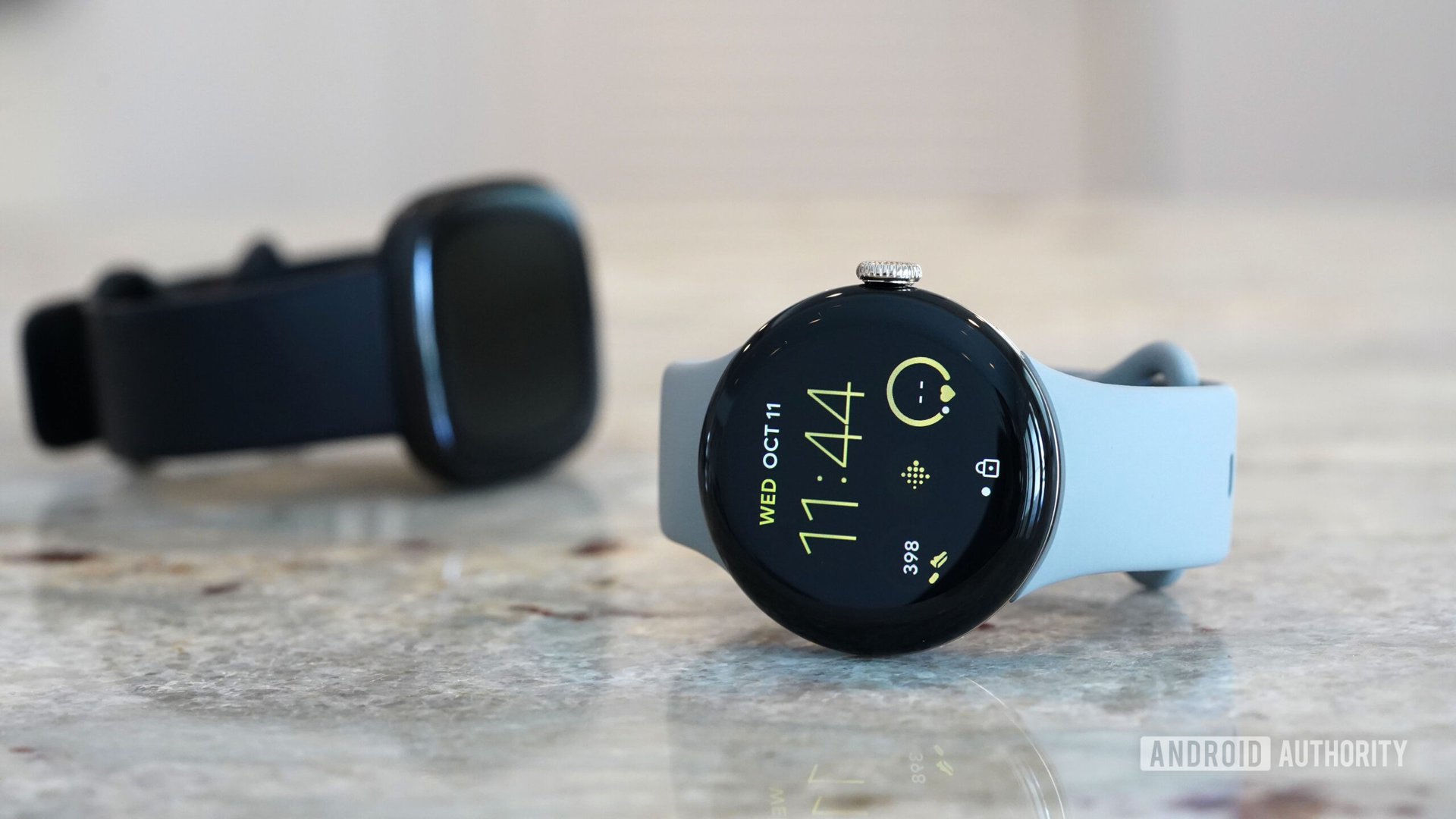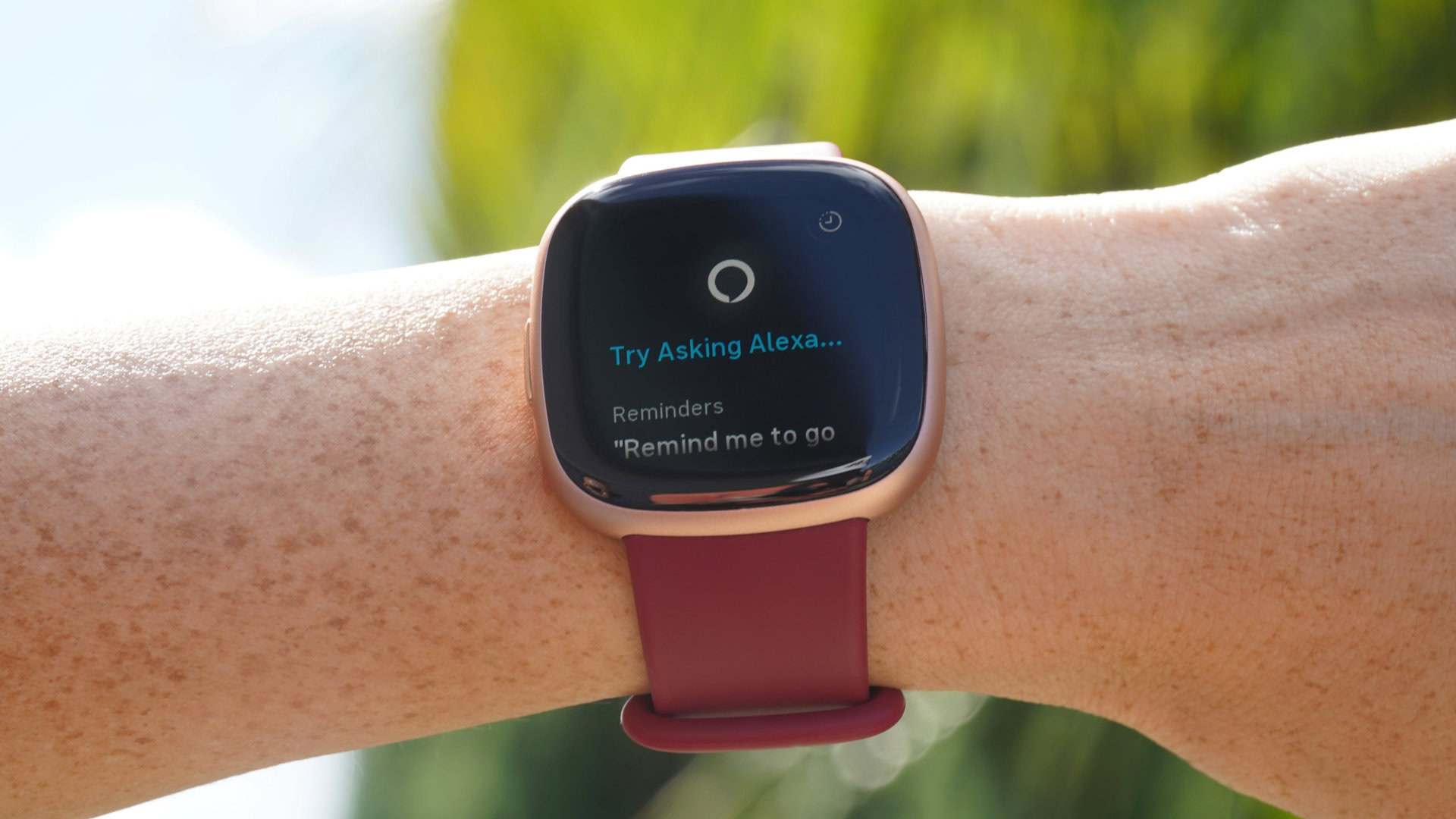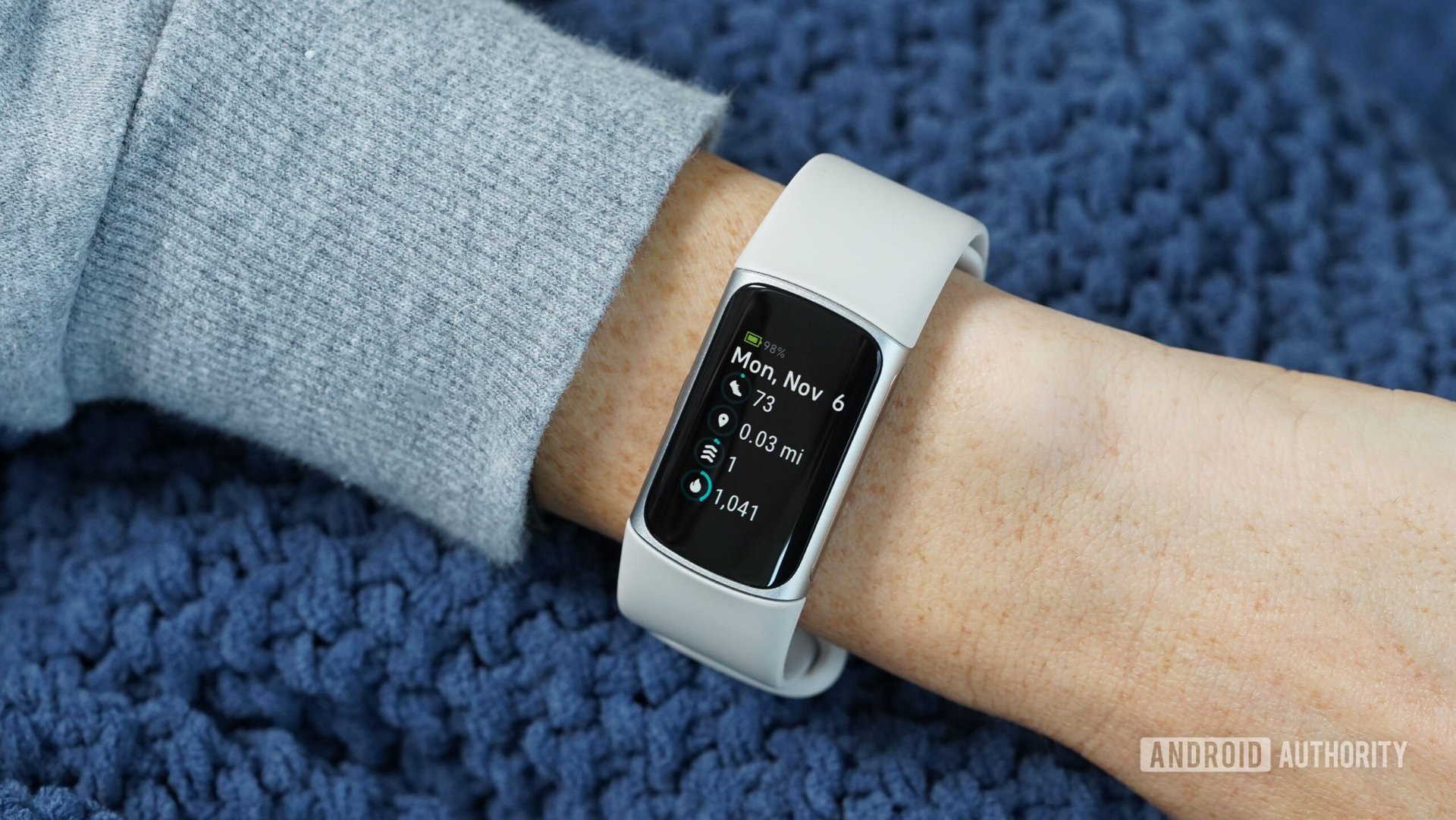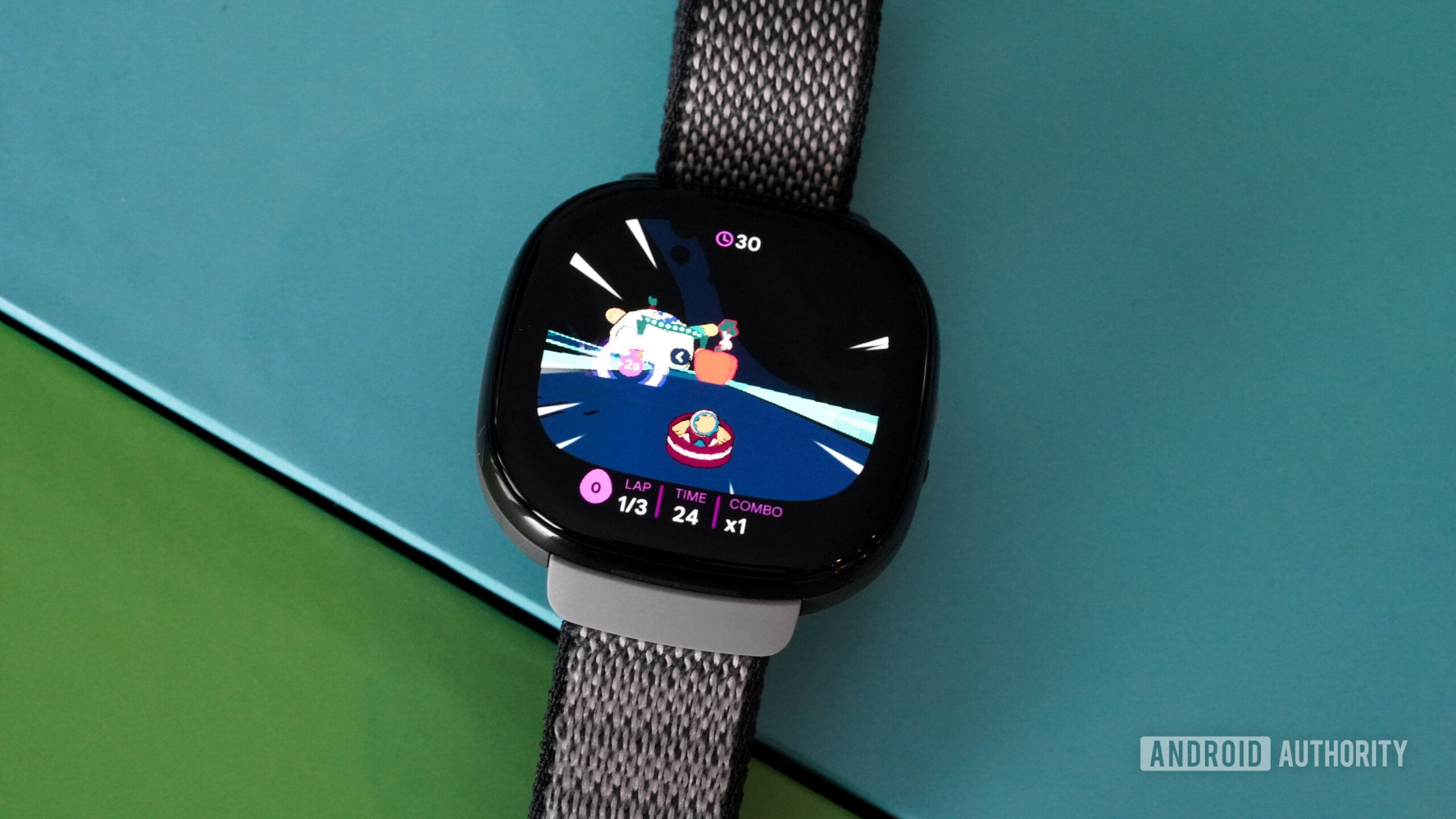Affiliate links on Android Authority may earn us a commission. Learn more.
Google killed Fitbit smartwatches on purpose, and for good reason
August 29, 2024

Based on the most recent additions to the Versa and Sense series, it’s perhaps obvious that Google was never interested in keeping Fitbit’s smartwatch lines alive. Despite this, the company has been reluctant to clarify its plans for them; that is, until now.
According to a recent Engadget interview with Google’s Pixel Wearables head, Sandeep Waraich, the company no longer regards Fitbit products as part of its smartwatch project, effectively calling time on these two series. To provide the actual quote: “Pixel Watch is our smartwatch part of the portfolio.”
However grim this statement appears to be, I still think it’s positive. It’s progress. Finally, it allows the company to move forward and revise Fitbit’s hardware focus, a task that’s better done sooner rather than later.
Fitbit’s smartwatches died in 2022

Fitbit was once synonymous with fitness trackers, but the company has a fraught early smartwatch history. Although it has a long list of devices that could be considered smartwatches, like the embryonic Surge, the quirky Blaze, and the troubled Ionic, I’d argue it only perfected the formula with the original Versa several years later.
The Versa 2 remains one of my favorite smartwatches — a device my partner inherited and still wears daily, while the Versa 3 and original Sense remain excellent purchases years after their debuts. This was the pinnacle of Fitbit’s smartwatch project, but a pair of disappointing follow-ups would arrive two years later.
We welcomed the Versa 4 and Sense 2 just weeks before the first Pixel Watch. They were disappointing, anemic iterations of their predecessors stripped of the smarts found on much cheaper wearables. They ditched Wi-Fi connectivity, discarded and closed down third-party app support, and offered no music control features. These drastic decisions made Google’s stance very clear: Fitbit smartwatches must be sacrificed to upsell the Pixel Watch.
These drastic decisions made Google's stance very clear: Fitbit smartwatches must be sacrificed to upsell the Pixel Watch
Although Google is only addressing Fitbit’s status now, 2022 was effectively the year the brand’s smartwatches died. Its two premier devices became undercards for Google’s main event. We have seen software updates for both devices since, but the damage was done at launch.
A return to its roots

It seems incredibly unlikely that we’ll get a Versa 5 or a Sense 3, and judging by their would-be predecessors, that’s probably for the better. However, now seemingly free of the burden of piecing together sub-standard smartwatches, Fitbit can focus on what it’s truly good at: making capable fitness trackers.
It’s crystal clear that Google still values this part of Fitbit’s business. Amid all the Sense 2 and Versa 4 furor, the Charge line continues offering a robust package that’s almost unbeatable in its niche.
A year after Google left Fitbit’s watches devoid of identity, the Charge 6 debuted with a surprising suite of upgrades over the Charge 5. Rather than offering a stunted feature set, it brought buyers an upgraded heart rate sensor, a larger color display, a smoother UI, and a suite of Google apps. It even listened to consumers and returned the crowd-favorite physical button.
Amid all the Sense 2 and Versa 4 furor, the Charge line continues offering a robust package that's almost unbeatable in its niche
Viewed side-by-side with the Versa 4 and Sense 2, the Charge 6 offered a nearly identical feature set, while its lower price made it a better value alternative to both. There were only a few fundamental trade-offs, like a smaller display, simpler UI, and the fitness band aesthetic. Some would say these are all positives. Even the cheaper Inspire 3 was a positive. The excellent budget fitness tracker remains the best way to join the Google-owned wearable family.
While Fitbit’s smartwatches were faltering, its fitness tracking lines were going strong and building on past success. Google still sees the value in Fitbit’s trackers, even if its smartwatches have fallen out of favor.
What’s next for Fitbit?

According to Google, Fitbit will still be integral to its wearable future. When we asked Google for comment on the aforementioned interview, it confirmed that it remains “very committed to Fitbit” and that we will “continue to see new products and innovation from Fitbit” in the future.
We haven’t seen the Charge 7 or Inspire 4 yet, but I’d be stunned if Google canned these devices. The Charge and Inspire lines should be the primary offerings in a timeline where the Versa and Sense no longer exist. More importantly, they don’t encroach on the Pixel Watch’s domain.
There are positive signs that Google is still committed to Fitbit’s software and hardware. The Fitbit app recently gained Cardio Load, Target Load, and the Fitbit Morning Brief features. It also debuted the Ace LTE, a fitness watch for children focused on gamification and safety. Despite Google’s insatiable need to kill projects, I still don’t see Fitbit joining the graveyard. The Fitbit brand still has value.
Of course, not everyone wants a Google smartwatch, and many will miss Fitbit’s smartwatch lines. Still, I’d rather have a strong Fitbit focused on delivering excellent fitness trackers than a weak one struggling to offer capable smartwatches.